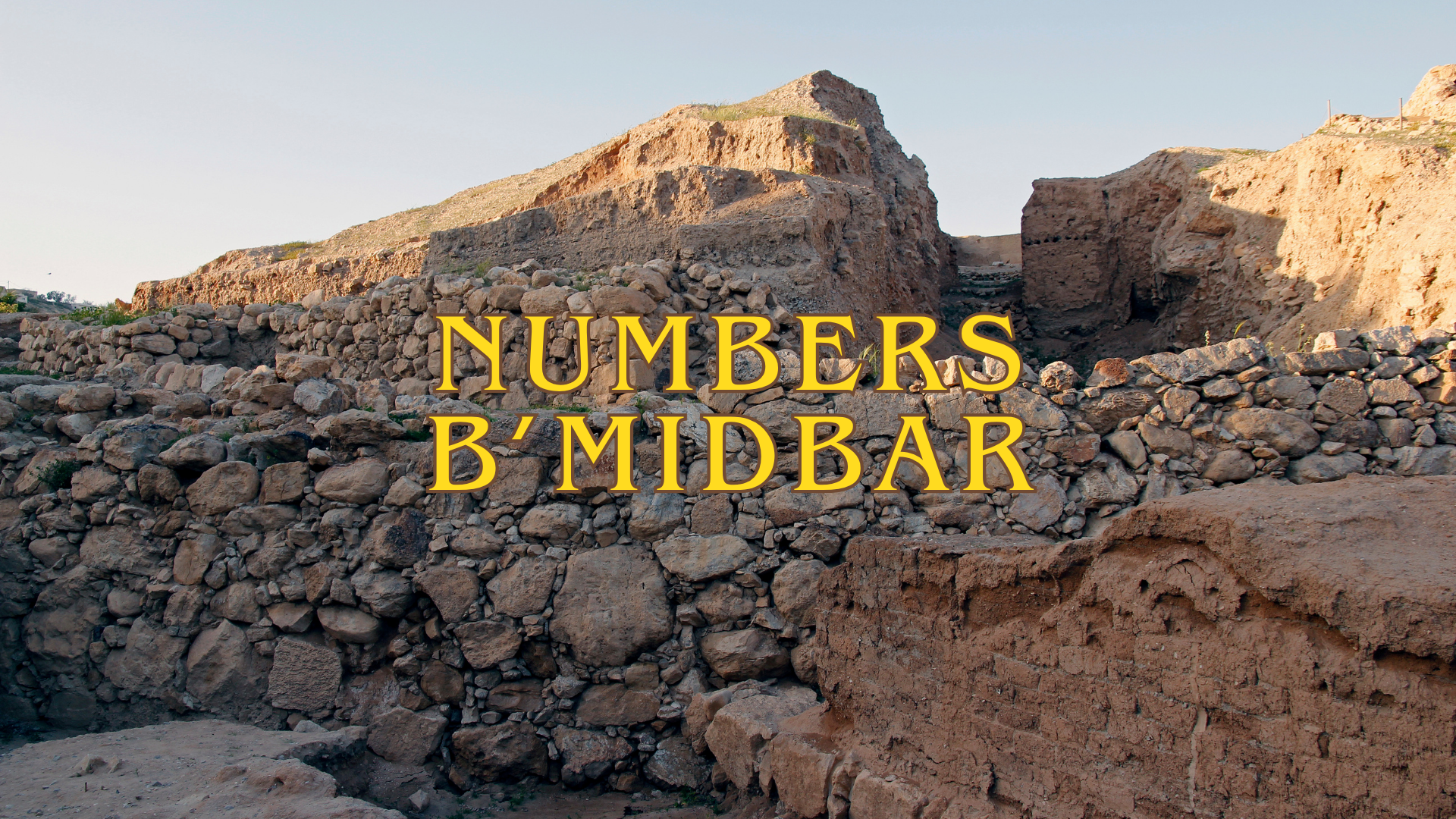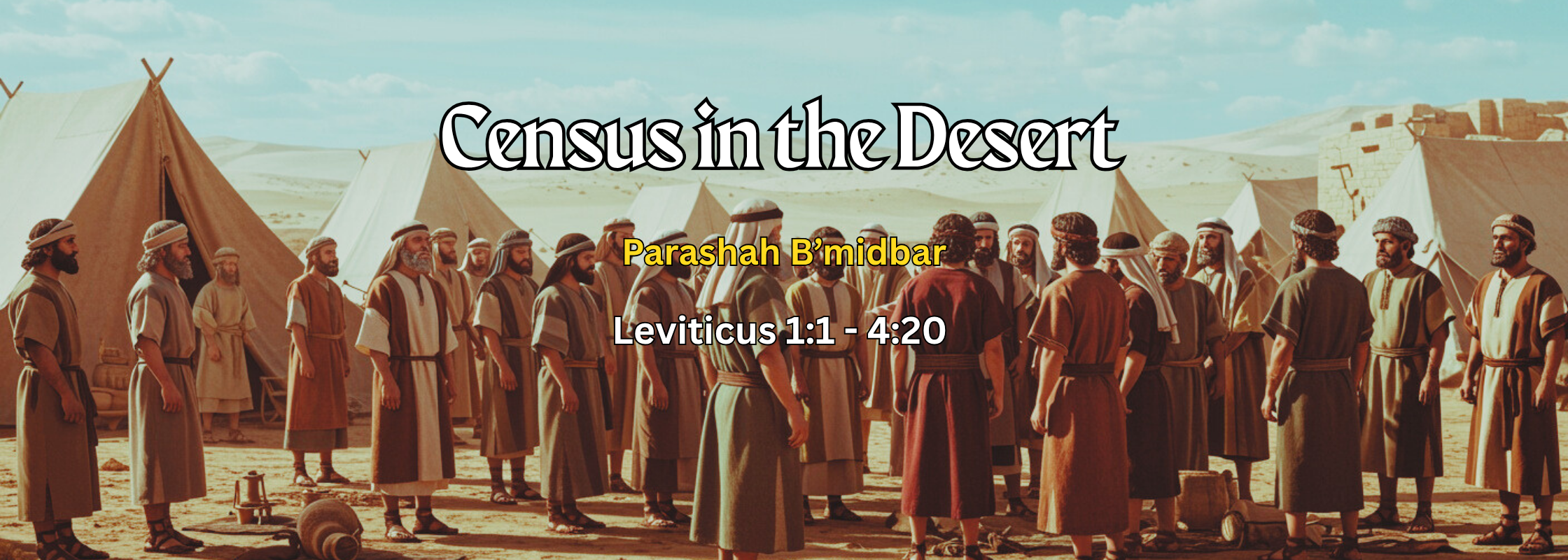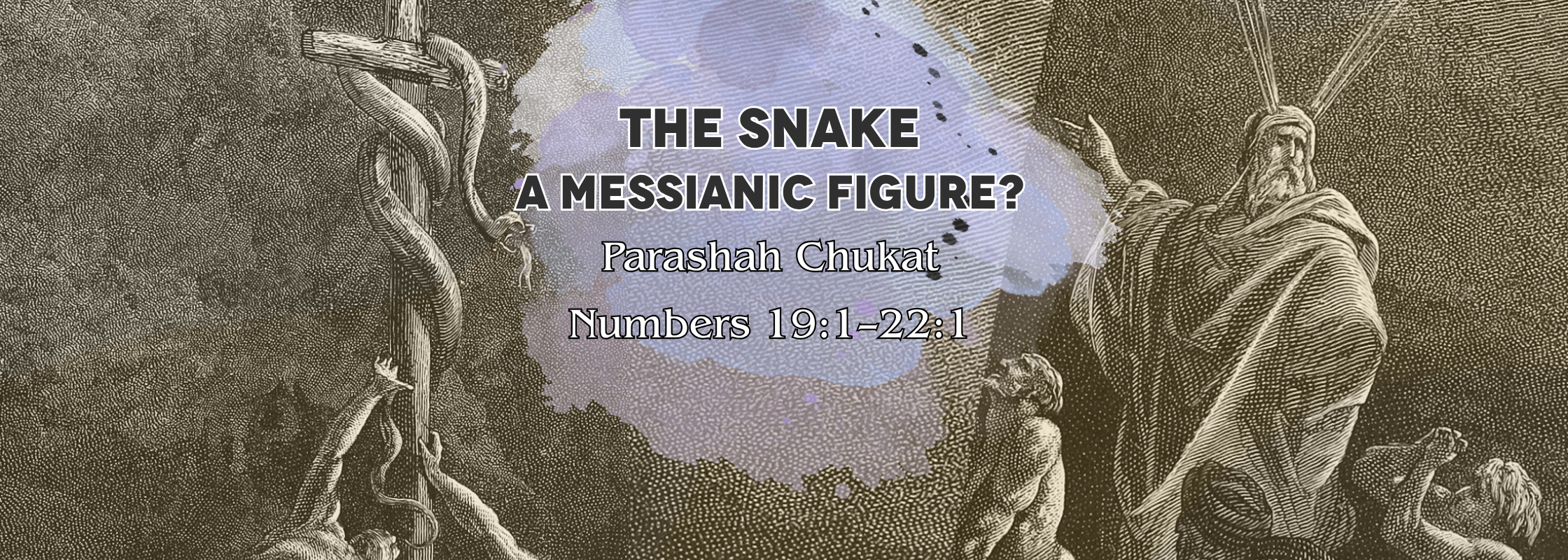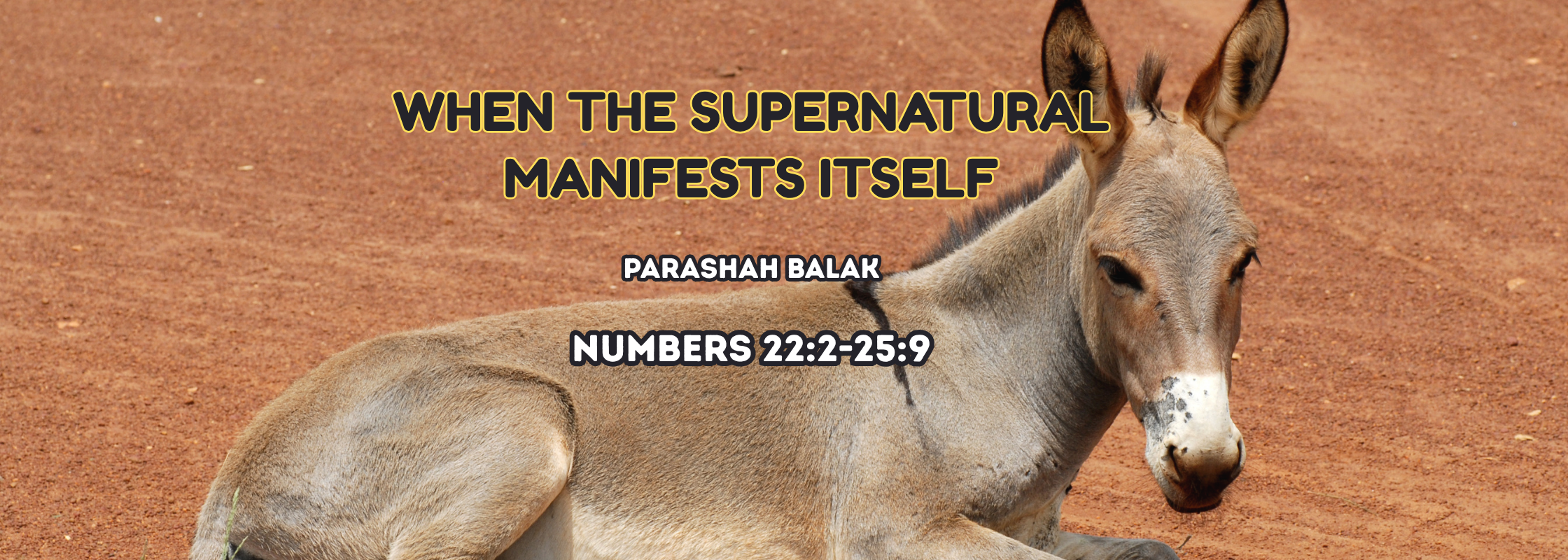
Delve deeper into the weekly portions of Numbers
B’midbar (pronounced bemidbar) is the Hebrew name for the book we know as Numbers, the fourth book of the Pentateuch or Torah. This book begins after Israel has received the commandments and ordinances that would serve as the legal foundation for their life as a free people. B’midbar begins with a census of the men fit for war, and throughout its chapters the most significant events of Israel’s forty years of wandering through the desert are narrated.
Annual Torah Portion

Census and Organization in the Desert
Parashah B’midbar Numbers 1:1 – 4:20 The parashah Bamidbar, found in Numbers 1:1–4:20, recounts the preparations and organization of the people of Israel in the Sinai desert during the second year after their departure from Egypt. This section begins with a detailed census of males over the age of twenty

Each one takes their place
Parashah Nasso Numbers 4:21. 7:89 The portion that occupies us on this occasion allows us to glimpse an aspect of the character of our father Yehovah: the order and organization to carry out the different tasks that were proper to the service to Him. Rarely do we stop to reflect

The Divine Connection of Israel
Parashah BeHa’alotkha Numbers 8:1 – 12:16 A very relevant event is recounted in this Torah portion; in the second year, in the second month, the children of Israel departed from the wilderness of Sinai (Num 10:11). The previous month (the first month of the year following the Exodus), the Tabernacle

Vision and Courage
Parashah Shelach Lekha Numbers 13:1 – 15:41 The parashah Shelach Lecha is found in Numbers 13:1–15:41 and reveals an exciting prophetic picture for the end times. It is like holding in our hands a glimpse of what will happen to the children of Israel when Yeshua returns. At the same

Defiance of Authority
Parashah Korach Numbers 16:1 – 18:32 It is noteworthy that the trap the group of rebels fell into was essentially the same as in Eden, though shaded by different circumstances. Their complaint, put in other words, was: “Why is it only you—Moses and Aaron—who exercise authority (defining what is good

The Snake – A Messianic Figure?
Parashah Chukat Numbers 19:1 – 22:1 Although the serpent has had a bad reputation among believers, given the story of the Garden of Eden, we can see in Scripture that the serpent is not always used in a negative connotation. Yeshua referred to its cunning to exhort his followers to

Whe the supernatural manifest itself
Parashah Balak Numbers 22:2 – 25:9 Have you ever heard an animal speak? This is why this particular parashah is so interesting and peculiar, because this is what happened to the prophet Balaam… Let’s look at the details. Parashah Balak is a section of the Torah that spans from Numbers

Righteous Zeal for Yehovah
Parashah Pinchas Numbers 25:10 – 29:40 Bilam’s plan had finally succeeded: The men of Yisrael had fallen into the seductive traps of the Moabite women, even going so far as to participate in the idolatrous rites they practiced. In doing so, they had removed themselves from the protection of Yehovah.

The Benefit of Hardship in the Desert
Parashot mattot-massei Numbers 30:1 – 36:13 The Parashot Mattot and Massei are read together this week and cover Numbers 30:2-36:13. Having arrived in the valleys of Moab, across the Jordan River, Moses recaps the “journeys” (masei) during the 40 years the Israelites spent in the desert. This experience offers us